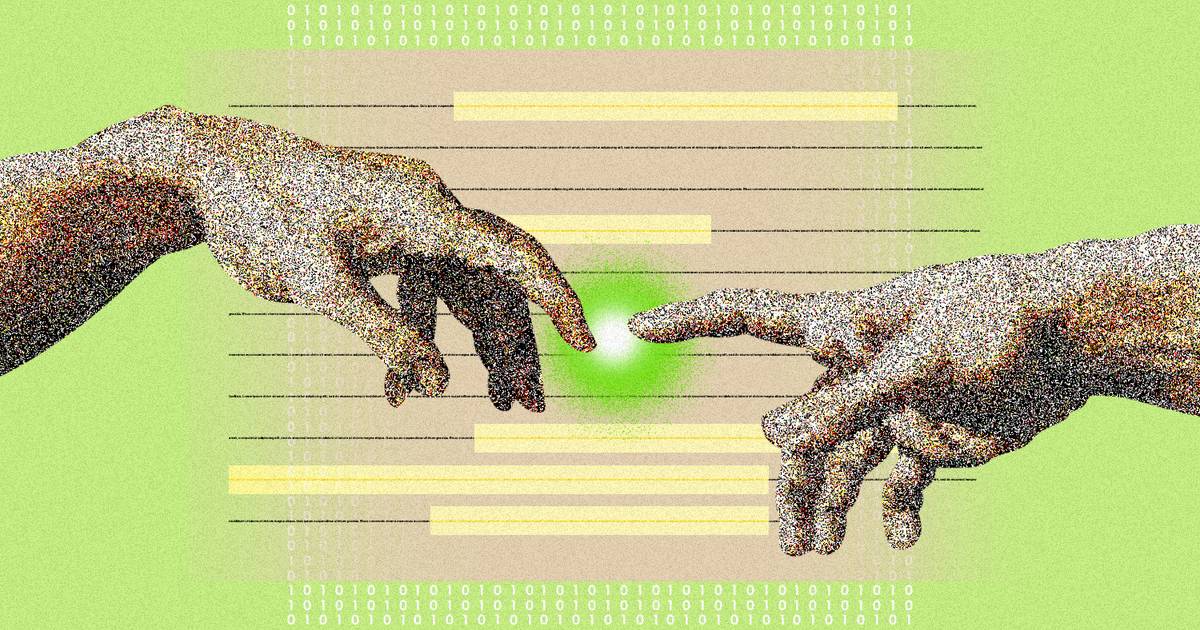- The Brainyacts
- Posts
- 086 | 👨🎓!?️ Did It Pass the Bar?
086 | 👨🎓!?️ Did It Pass the Bar?
Brainyacts #86

🏖️ 📣 FYI I have been on family vacation this week so newletters are lighter than normal. Will be getting back to deeper content in coming days!
In today’s Brainyacts we:
call out BS overreaching fear-based AI disclaimers
look into if GPT-4 passed the bar (or not) as it has been reported
ponder if the FCC can regulate AI
question if Japan will forgo copyright protection
share an upcoming AI Hackathon
👋 A special Welcome! to NEW SUBSCRIBERS.
To reach previous posts, go here.

🤔🤖 The Bogus Call to Disclaim Use of AI
The call for disclaimers in generative AI usage mainly stems from an unease with the quickly changing technology landscape. The line should be drawn at a point where it's necessary to avoid confusion or misunderstanding, such as in direct AI-human interaction. Beyond that, it becomes a murky territory.
Misgivings around AI-generated content may originate from the fear that it dilutes human responsibility. However, generative AI, like any other tool - a search engine or word processor - aids the end user who is ultimately responsible for the output. The focus should be on the quality and relevance of the content, not the method of its creation.
Proposing consumers can't comprehend AI implications is condescending and unproductive. It's more important to encourage literacy and understanding around AI technologies, rather than resort to disclaimers that may fuel apprehension.
The worth of information is evaluated based on its inherent value, irrespective of the tools used. The real task is not in imposing disclaimers but ensuring responsible and ethical use of AI, thus enhancing trust in this groundbreaking technology.
Here is an article to shows the unnecessary handwringing that is going on? What is the point of a disclaimer?

News you can Use:
So did OpenAI’s GPT-4 pass the bar exam or not?
On-going debate as to what it would have actually scored/ranked. Regardless, the headlines have blurred the nuance.
Can the FCC Regulate AI?
The Federal Communications Commission (FCC) is known for regulating the airwaves, the internet and other forms of communication. But as artificial intelligence (AI) becomes more pervasive and powerful, the agency may have to deal with a new challenge: how to oversee the use and impact of AI on society.
In this article, David DiMolfetta, a Technology 202 researcher at The Washington Post, explores how the FCC may be forced to grapple with AI, too. He examines the legal and ethical issues that AI poses for communication, privacy, competition and democracy. He also discusses the views and actions of the current FCC commissioners, as well as the potential role of Congress and the courts in shaping the future of AI regulation.
Japan May Forgo Copyright Enforcement for Training AI Models
AI Hackathon for Students and Recent Grads
$200,000 in funding to turn your project into a startup, backed by Berkeley SkyDeck.
One-of-a-kind recruiting opportunities with the best companies in AI.
We’ll have workshops and talks from key components of the AI ecosystem. This is your chance to learn from the best and take your skills to the next level.
For 36 hours, you’ll have privileged access to the invite-only OpenAI API (including GPT-4 access), plugins, and some of the best LLM hacking tools on the planet.
Was this newsletter useful? Help me to improve!With your feedback, I can improve the letter. Click on a link to vote: |
DISCLAIMER: None of this is legal advice. This newsletter is strictly educational and is not legal advice or a solicitation to buy or sell any assets or to make any legal decisions. Please /be careful and do your own research.8

/cloudfront-us-east-2.images.arcpublishing.com/reuters/R2QYRIQUZNIT5OIQN6MHCNR6W4.jpg)
